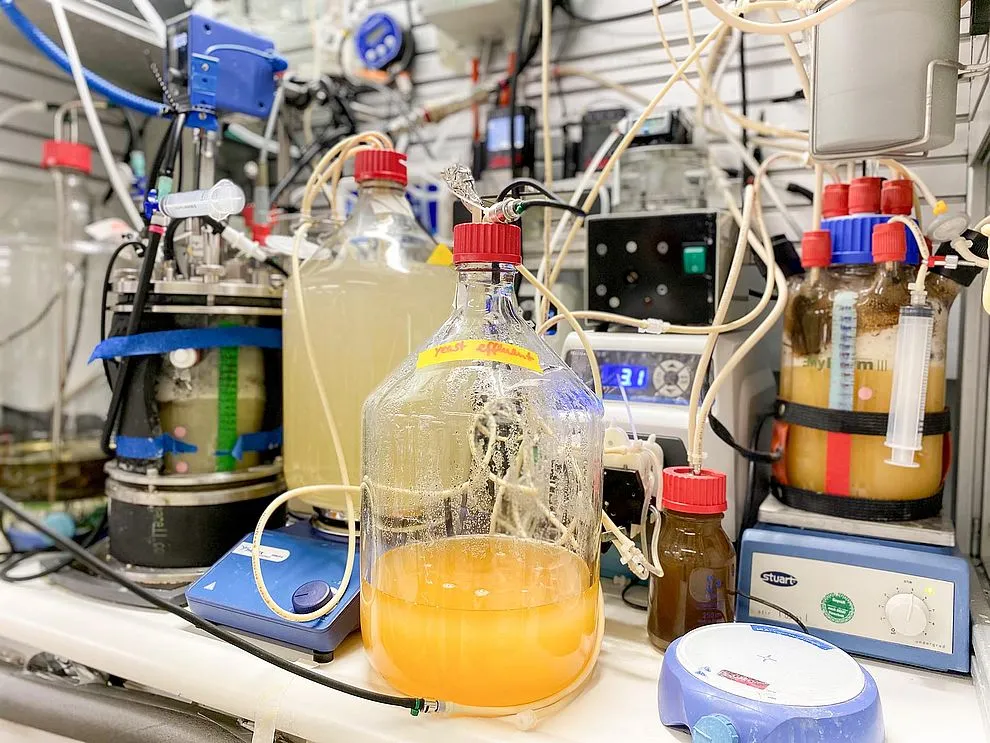Tübingen Biotechnology Team Transforms Basic Elements into Essential Folic Acid

Breakthrough in Folic Acid Production
In a remarkable advancement, the Tübingen Biotechnology Team has demonstrated the ability to convert simple ingredients such as carbon dioxide, hydrogen, and oxygen into folic acid utilizing microbes. This innovation capitalizes on renewable energy sources to foster a sustainable approach to vitamin B9 production, essential for numerous biological processes.
Implications for Human Nutrition
The production of vitamin B9 is critical to human health, impacting processes like cell division and metabolism. The team’s findings indicate that the use of baker's yeast and specific bacteria can potentially revolutionize the nutrient production landscape.
Future of Sustainable Nutrient Production
As the demand for sustainable nutrition solutions escalates globally, the implications of this technology could reshape the industry. Leveraging microbes for vitamin synthesis opens doors for efficient nutrient production systems that minimize waste and reliance on traditional agricultural methods.
This article was prepared using information from open sources in accordance with the principles of Ethical Policy. The editorial team is not responsible for absolute accuracy, as it relies on data from the sources referenced.